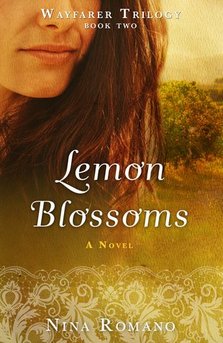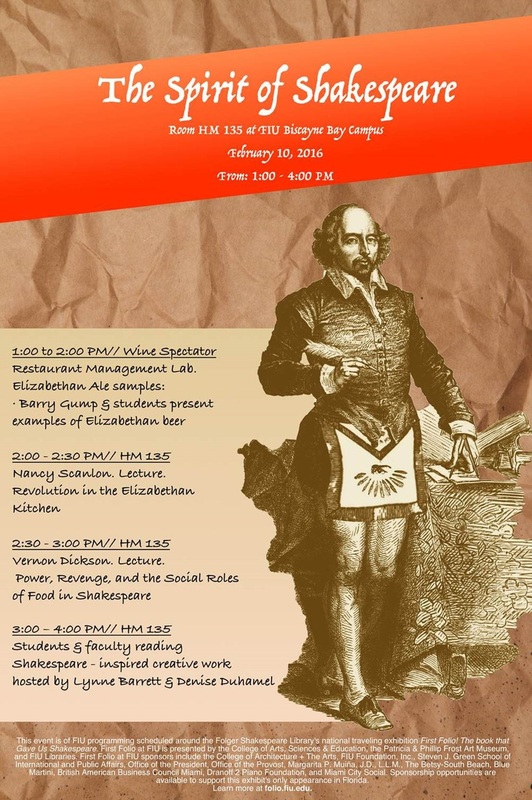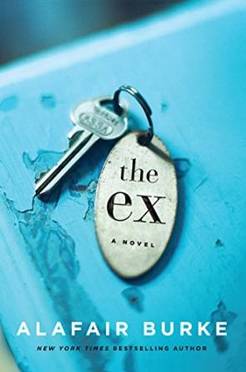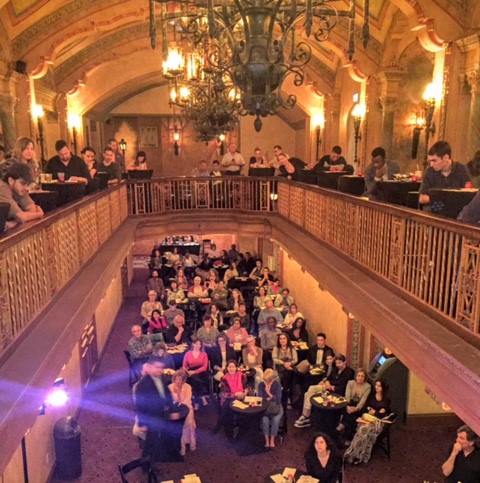Nina Romano’s reading on February 28 was nothing like this.
There could not have been more than twenty people in attendance. The only full row was directly in front of the podium, its chairs occupied by Romano’s husband, long-time friends, and her former professor, John Dufresne. Still, before the reading even started, Romano’s excitement was as obvious as it was contagious. She moved about the room, introducing strangers to one another and offering wine and food to all with the warmth of a doting Italian grandmother. I felt cared for, welcome.
As a host, Romano was gracious. As an author, she was grateful. The occasion for her appearance at Books & Books was to promote her latest novel, Lemon Blossoms. It is the second installment of her Wayfarer trilogy in which we are introduced to Angelica Domenico, a Sicilian girl whose idyllic life on her family’s lemon grove is jostled by loss, trauma, and desire. Romano’s gratitude was never clearer than when she announced that Lemon Blossoms is dedicated to John Dufresne, Romano’s thesis advisor while she was earning her MFA at Florida International University. It was his suggestion to embark upon the marathon of publishing a trilogy and his words of encouragement that keep Romano writing. In his introduction to her reading, Dufresne called Romano a “force of nature” in possession of what Nabakov called shamanstvo—the enchanter quality.
| Romano read from the opening chapter of Lemon Blossoms. Her prose is ripe with stunning cultural detail that transported her audience to turn of the century Sicily. Her homework—consisting of long-term travel, family interviews, and the mining of personal memory—had been done, and thoroughly. Angelica is eight at the novel’s outset, and undergoes a series of rites of passage in the first chapter alone. She buries a beloved pet chicken, menstruates prematurely, and even drinks her father’s wine in secret. Romano’s protagonist is a precocious girl who not only comes of age on the page, she comes alive. When Romano finished reading, she opened the floor to questions. None came, only comments. Audience members lauded her gifts as a storyteller and shared their excitement over the release of the final novel in the Wayfarer trilogy, forthcoming from Turner Publishing in July. The first book in the series, The Secret Language of Women, is set in China in the late 1800s and introduces the Italian sailor Giacomo Schimenti, who becomes a major character in Lemon Blossoms. At one moment when Romano expressed a bit of disappointment at the audience size, the comment lingered for a breath and then dissipated quicker than it was spoken, as not a single one of us regretted being part of her rapt audience for the night. —Miguel Pichardo |





 RSS Feed
RSS Feed